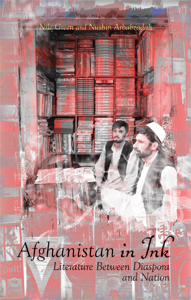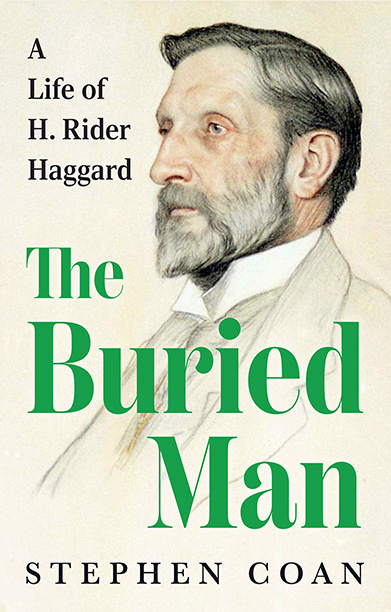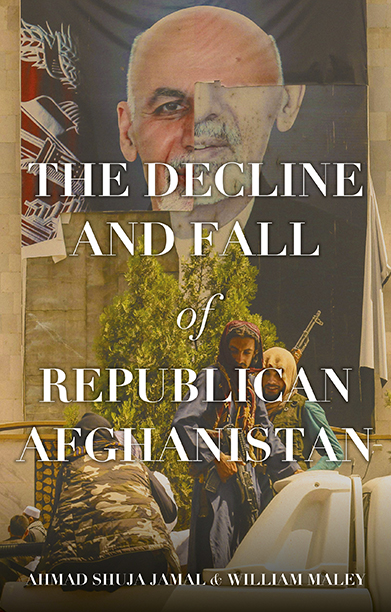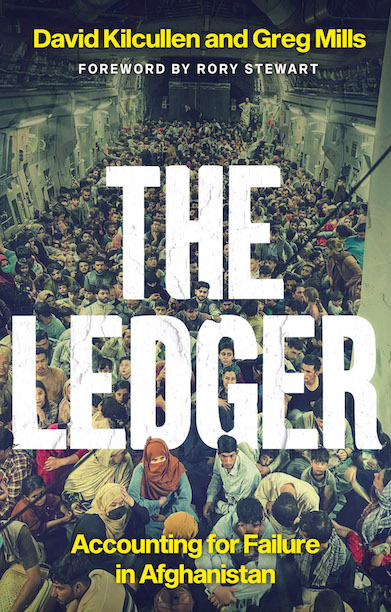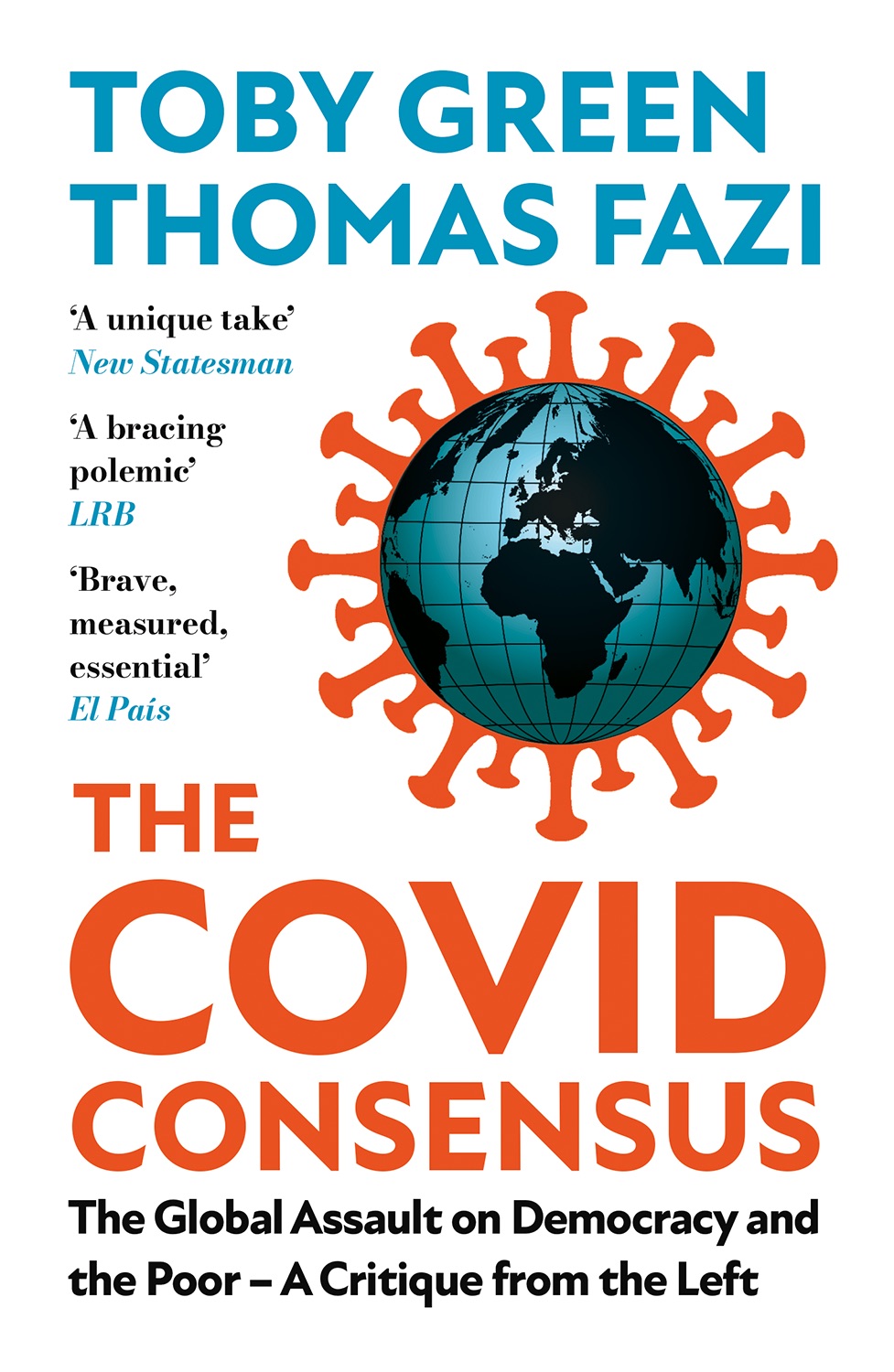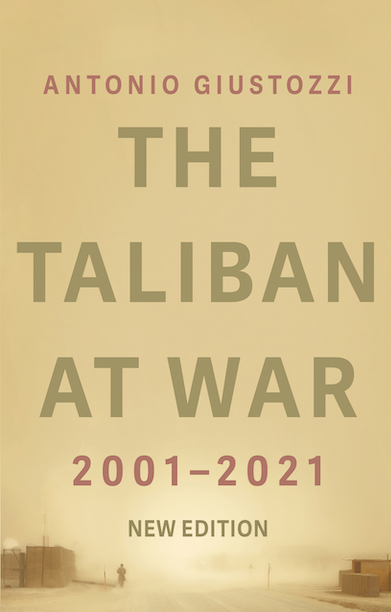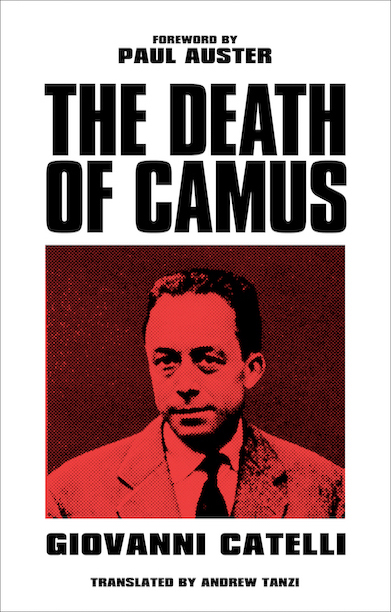Description
Afghanistan In Ink uses a wide and largely unknown corpus of twentieth century Afghan Dari and Pashto literature to show not only how Afghans have reflected on their modern history, but also how the state has repeatedly sought to dominate the ideological contours of that history through the patronage or exile of writers. Drawing on an abundance of Afghan language sources, the chapters by leading international experts reveal a disruptive twentieth century dynamic between the importing of multiple conflicting ideologies through literary globalisation and the destabilisation of the state as a consequence of these literary and ideological flows.
As the first scholarly survey of modern Afghan literature, Afghanistan In Ink places the twentieth century’s itinerant and exiled Afghan writers into their transnational contexts to trace Afghan artistic and ideological interactions with Muslim and Western nations. The volume emphasises the study of literatures in their social and political contexts. With its extensive contextualising introduction, this book provides both specialists and non-specialists with unique ‘inside’ perspectives on the interweaving of religious, political and cultural debates that have shaped modern Afghan society.
Table of contents
1. Introduction: Afghan Literature between Diaspora and Nation
Nile Green
2. Modernizing, Nationalizing, Internationalizing: How Mahmud Tarzi’s Hybrid Identity Transformed Afghan Literature
Nushin Arbabzadah
3. The Afghan Afterlife of Phileas Fogg: Space and Time in the Literature of Afghan Travel
Nile Green
4. Demarcating Pashto: Cross-border Pashto Literature and the Afghan State, 1880–1930
Thomas Wide
5. Ambiguities of Orality and Literacy, Territory and Border Crossings: Public Activism and Pashto Literature in Afghanistan, 1930–2010
James Caron
6. The Poetry and Prose of Pazhwak: A Critical Look at Traditional Afghanistan
Chaled Malekyar
7. Mastering the Ego Monster: Azhdaha-ye Khodi as an Allegory of History
Wali Ahmadi
8. Lyric Realism: Poetic Reflections of Refugee Life in Iran
Zuzanna Olszewska
9. Afghanistan and the Persian Epic Shahnama: Historical Agency and the Epic Imagination in Afghan and Afghan-American Literature
Shafiq Shamel
10. Gnomics: Proverbs, Aphorisms, Metaphors, Key Words and Epithets in Afghan Discourses of War and Instability
Margaret A. Mills
Reviews
‘Few countries have been as poorly imagined—or exposed to parochial strategists and commentators—as Afghanistan. Excavating and examining previously unknown Afghan literary texts and authors, this wonderfully timely and stimulating book radically deepens our sense of the country’s history and culture.’ — Pankaj Mishra, author of From the Ruins of Empire: The Revolt Against the West and the Remaking of Asia
‘A fascinating history of a complicated region as it struggles to establish and solidify a national identity through language and literature. … Afghanistan in Ink is the first book of its kind to treat the region with the depth and subtlety necessary for a reader to properly learn something, and one hopes that those who pick up the reins will continue to put as much care into their work as those who contributed here.’ — LSE Review of Books
‘Afghanistan in Ink demolishes the myth that the country has remained isolated from the the currents of international cultural influences. For more than a century powerful connections to an influential intellectual diaspora have played a significant role in the development of Afghan literature and language politics — and one that continues to the present day.’ — Thomas Barfield, Professor of Anthropology at Boston University and author of Afghanistan: A Cultural and Political History
‘An extremely absorbing collection of essays: not only does this book take the reader deep into the literature of Afghanistan over the last few centuries, but it explores fruitful questions about the ways in which literature and language, state-formation, ethnic identity, and history are intertwined. Highly informative and though-provoking.’ — Tamim Ansary, author of Games Without Rules, The Often Interrupted Story of Afghanistan
‘Afghanistan in Ink, a timely and important volume, is full of…striking illuminations…It does important service bringing to notice a variety of Afghan writers…and placing them in their literary and social contexts…An excellent attempt to provide as comprehensive an overview as possible of Afghan Literature in the modern period.’ — Bijan Omrani, Asian Affairs
Editor(s)
Nile Green is Professor of South Asian history at UCLA and founding director of the UCLA Program on Central Asia. A specialist on the Muslim communities of South Asia and the Middle East, his research brings Islamic history into conversation with global history. He has authored six monographs, including Bombay Islam: The Religious Economy of the West Indian Ocean, which won the Albert Hourani prize and the Ananda K. Coomaraswamy prize.
Nushin Arbabzadah grew up in Kabul during the Soviet occupation, and as a teenager fled Afghanistan with her family. She later studied at Cambridge University and now writes a column in The Guardian.
